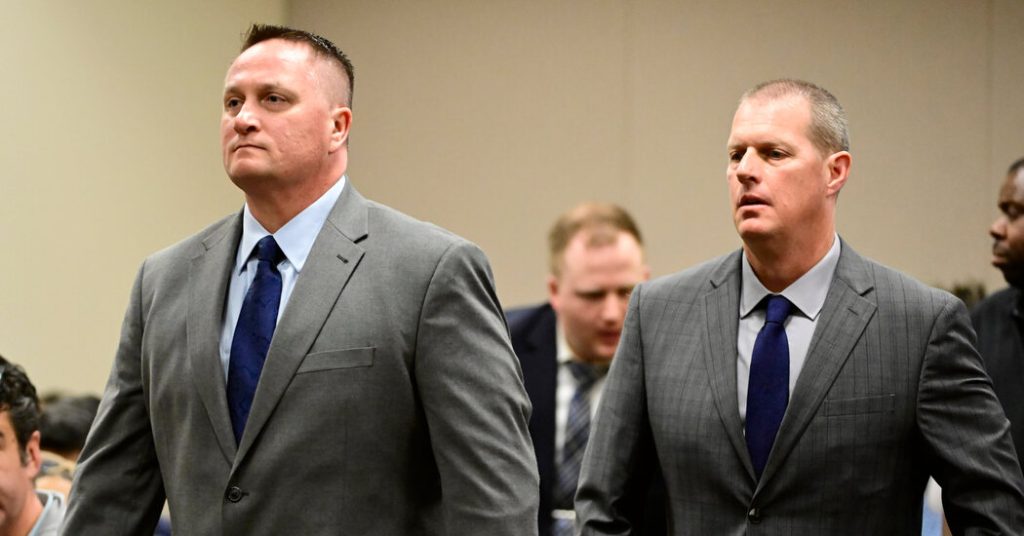A former paramedic in Colorado was convicted in the death of Elijah McClain, a young Black man in 2019, and sentenced to four years of probation with 14 months of work release. Jeremy Cooper, along with another paramedic and three police officers, faced trial in connection with the death of Mr. McClain after he was injected with ketamine and placed in a neck restraint, leading to cardiac arrest. Cooper was found guilty of criminally negligent homicide, shedding light on the role of emergency personnel in such situations.
During the sentencing, Cooper’s family and colleagues described him as a compassionate professional who cared deeply for his patients. Cooper expressed remorse to McClain’s family, vowing to spend his life trying to understand the circumstances that led to the young man’s death. However, McClain’s mother criticized Cooper, labeling him as a threat to her son and an accomplice in his murder. The sentencing marked the end of a chapter in a long legal battle for accountability in McClain’s death, providing some measure of justice for his family, according to Colorado’s attorney general.
The incident occurred when McClain was stopped by the police on his way home from a convenience store, following a 911 call describing him as suspicious. Despite not being linked to any crime, McClain was arrested after an 18-minute altercation with the police during which his health rapidly deteriorated. The paramedics involved in his case diagnosed him with excited delirium and administered what was deemed an excessive amount of ketamine, ultimately leading to his death. The case brought attention to the use of force by the police and the medical decisions made by paramedics during such encounters.
The death of Elijah McClain sparked social justice protests and calls for police reform in Aurora, prompting investigations and policy changes in the police and fire departments. The case contributed to a consent decree agreement to improve performance, reduce bias, and rebuild public trust in the departments over the course of five years. Following the convictions of the paramedics, some in the field have expressed concern that their judgment and actions could be scrutinized to the point of facing criminal liability, impacting their ability to provide urgent care in critical situations.
Despite the progress made in training and policy changes, community activists remain critical of the legal system and the response to McClain’s death. The case highlighted the need for continued work to ensure accountability, transparency, and fair treatment in interactions between law enforcement, paramedics, and the public. The legacy of Elijah McClain continues to be a focal point in the ongoing efforts to address systemic issues and promote justice and equality in society.








